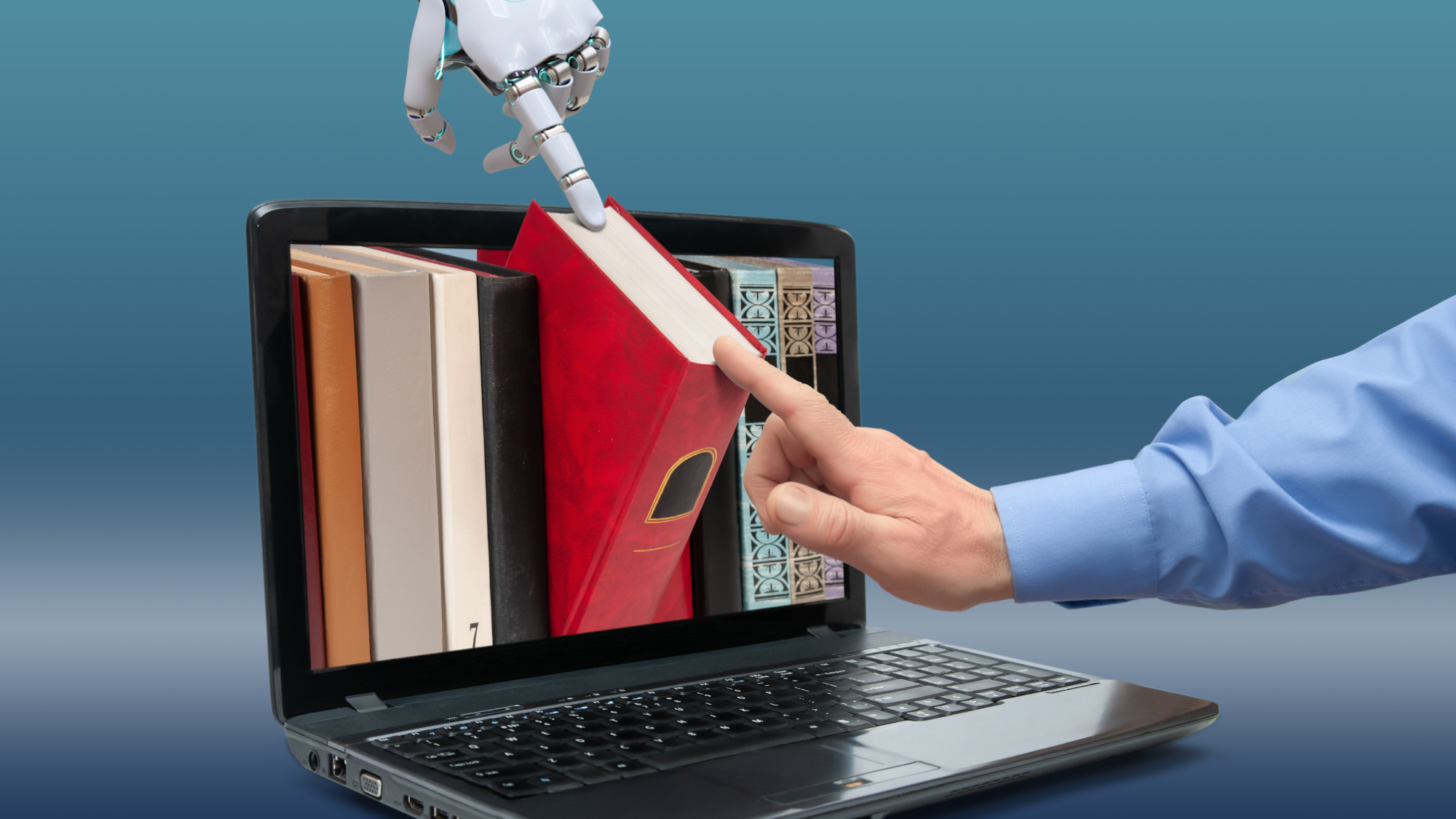Intellectual property: AI gains at creators' expense
Two federal judges ruled that it is fair use for AI firms to use copyrighted media to train bots

A free daily email with the biggest news stories of the day – and the best features from TheWeek.com
You are now subscribed
Your newsletter sign-up was successful
AI companies are winning the battle over copyright, said Nitish Pahwa in Slate, and we may all end up paying the price. In recent weeks, "two different federal judges in the Northern District of California made legal rulings" that mostly absolved Meta and Anthropic of using "published books for training generative bots." AI companies have come under fire for hoovering up data from all corners of the internet, including the intellectual property of successful authors such as Ta-Nehisi Coates and Richard Kadrey. But the two judges have now suggested that this is all fair use and thus "perfectly legal." There are numerous copyright lawsuits against AI firms still working their way through the legal system, but these rulings may set a disastrous precedent "at a moment when AI is already upending long-embattled creative sectors."
Silicon Valley is celebrating, but the devil is in the details, said Adi Robertson in The Verge. The rulings "dealt specifically with training—or media getting fed into models—and didn't reach the question" of how closely the end result resembles copyrighted media. That is "extremely pertinent," and it is the linchpin in a legal fight between OpenAI and The New York Times, which claims "that ChatGPT could verbatim regurgitate large sections of Times stories." In his ruling, Judge William Alsup also chastised Anthropic for downloading copies of "more than 7 million books from online 'shadow libraries,'" piracy on a scale "that could expose the company to judgments worth untold millions of dollars," said Michael Hiltzik in the Los Angeles Times. U.S. District Judge Vince Chhabria added another wrinkle. He ruled in Meta's favor but "provided plaintiffs in similar cases with a road map to winning their claims." He "all but pleaded" for artists and authors to present him with evidence showing how the AI-generated slop flooding the market is affecting sales of original creative works.
Chatbots exist only "thanks to the hard and uncompensated work of others," said Dave Lee in Bloomberg. They are not "creative" on their own. AI doesn't "so much generate new value as it does transfer it—from one place, the original source, to another: itself." Regardless of how much the end output resembles the original works the models devoured, the ease of AI makes it "a shortcut that reduces the need" to visit libraries or subscribe to newspapers or buy books so that human authors can create more of them. If the stated goal of copyright law is to advance original works of authorship, then AI companies should pay a fee to the originators. The tech industry may have decided that authors should "step aside in service of the great calling of AI," but legislators don't have to.
The Week
Escape your echo chamber. Get the facts behind the news, plus analysis from multiple perspectives.

Sign up for The Week's Free Newsletters
From our morning news briefing to a weekly Good News Newsletter, get the best of The Week delivered directly to your inbox.
From our morning news briefing to a weekly Good News Newsletter, get the best of The Week delivered directly to your inbox.
A free daily email with the biggest news stories of the day – and the best features from TheWeek.com